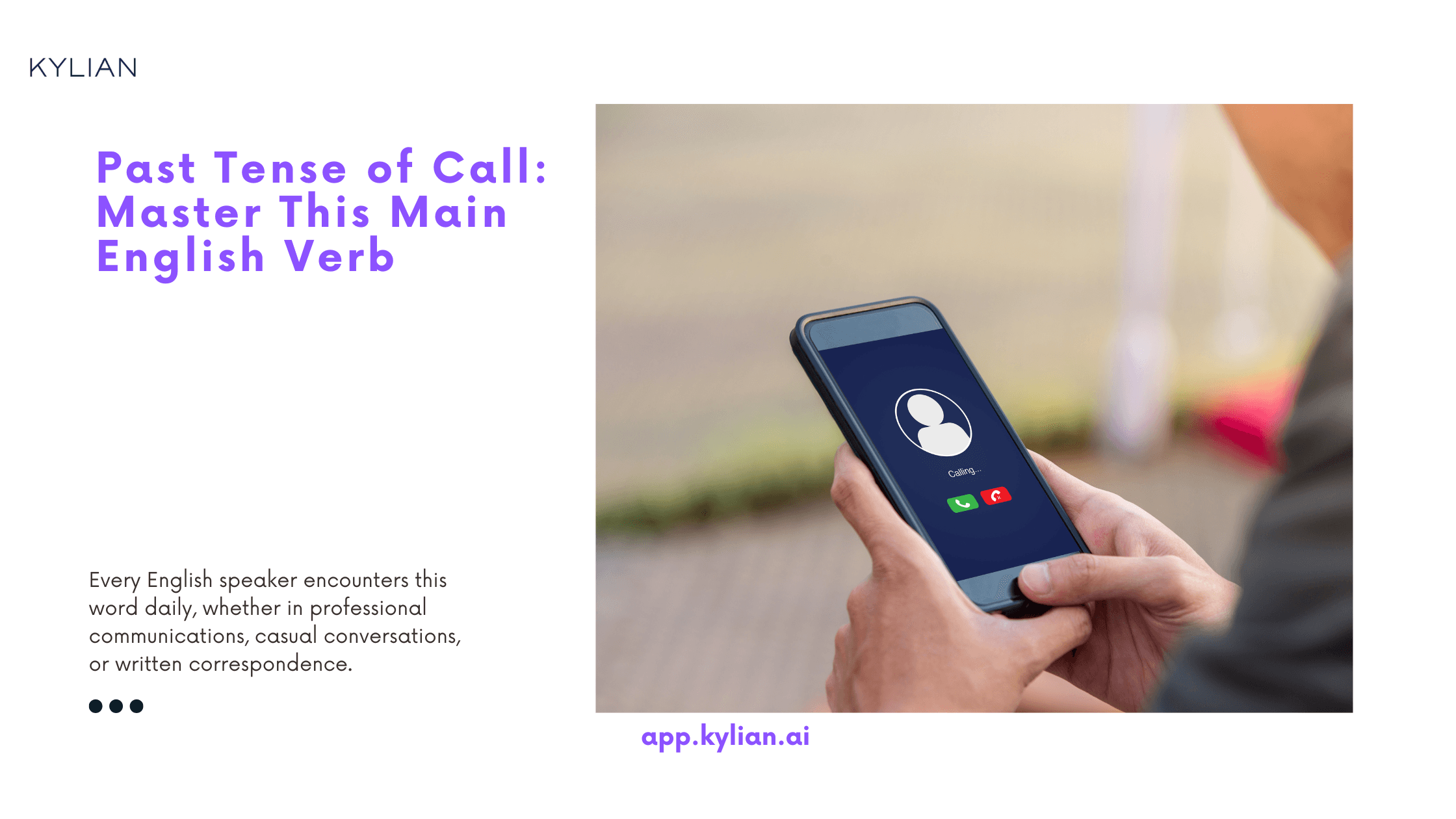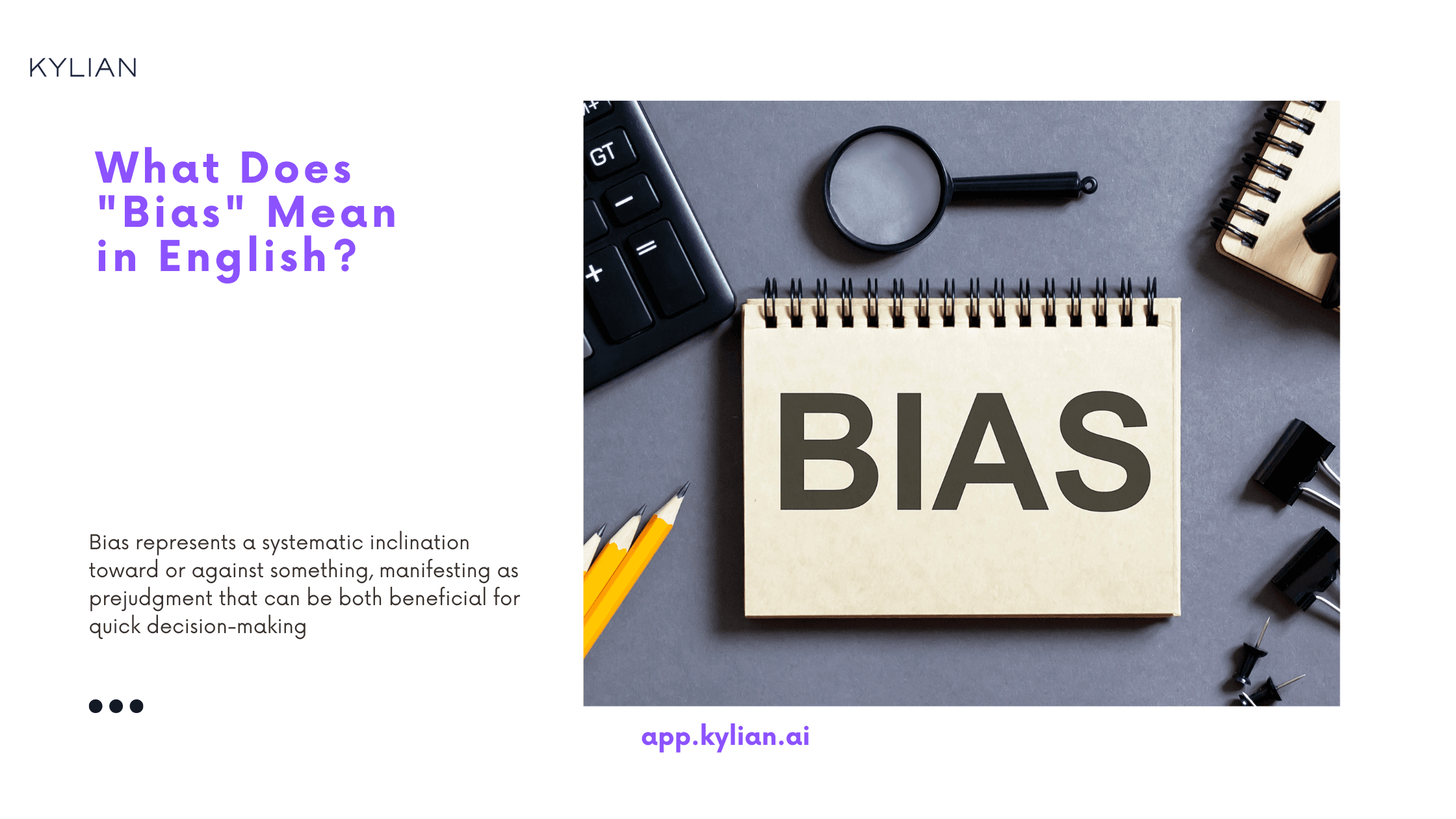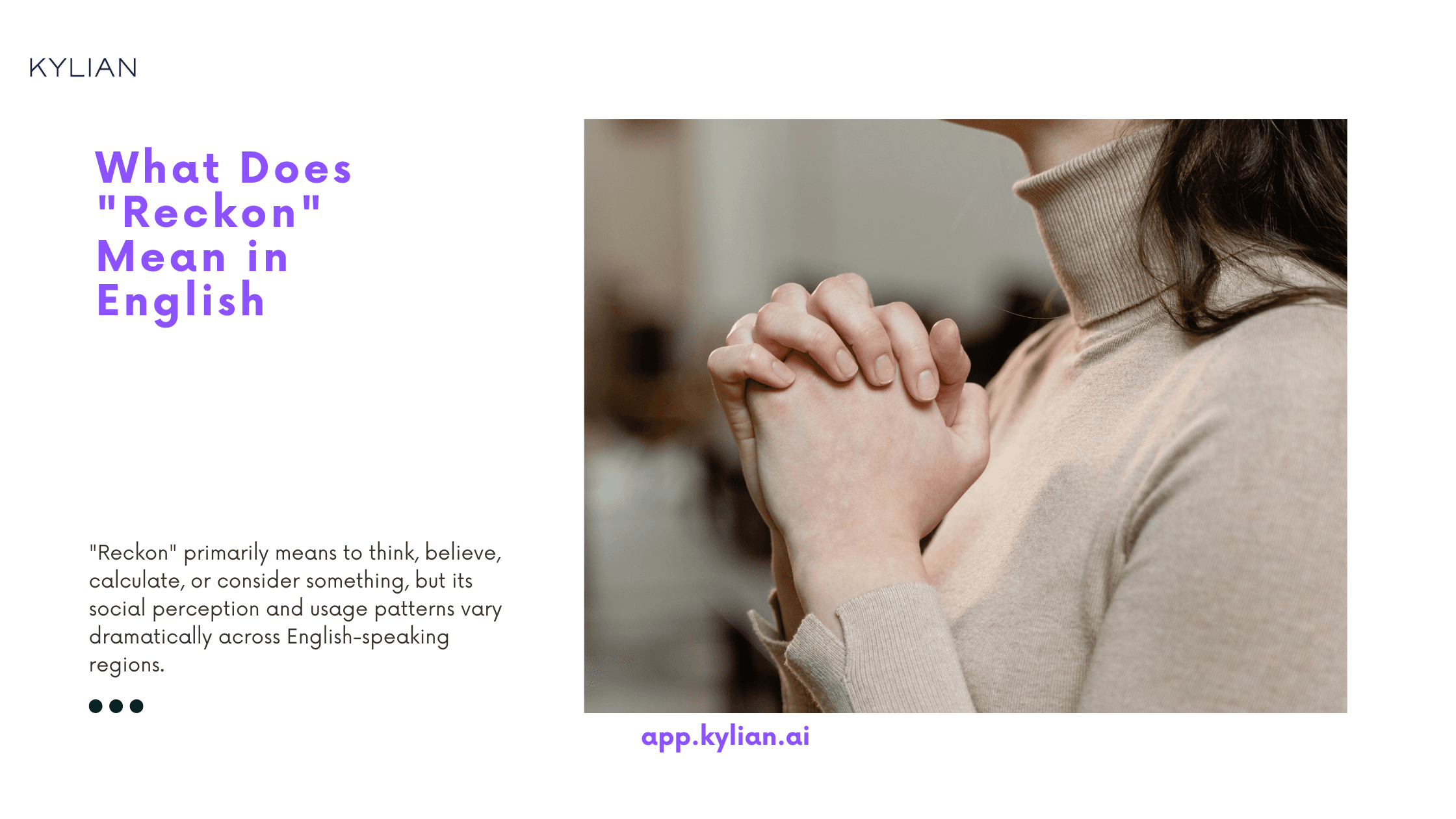

25 Korean Slang Words That Level Up Your Korean
Korean slang isn't just trendy vocabulary—it's the difference between sounding like a textbook and connecting authentically with native speakers. While formal Korean gets you understood, slang gets you accepted into conversations that matter. The reality is stark: traditional Korean learning materials teach you to speak like a news anchor when what you need is the linguistic agility to navigate real social situations. Korean slang evolves at the speed of social media, reflects cultural nuances that formal language misses, and serves as the gateway to genuine relationships with Korean speakers. This isn't about memorizing cute expressions for novelty. Korean slang serves three critical functions: it signals cultural awareness, establishes social belonging, and demonstrates linguistic sophistication beyond textbook proficiency. Understanding these 25 expressions will fundamentally change how Koreans perceive and interact with you.


10 Best Movies Entrepreneurs Should Watch for Inspiration
Entrepreneurship demands more than textbook knowledge—it requires understanding the psychological warfare of building companies, the emotional toll of failure, and the strategic thinking that separates successful founders from those who burn out. While business schools teach frameworks, cinema reveals the human elements that determine whether ventures thrive or collapse. The most successful entrepreneurs consistently cite specific films as catalysts for their breakthrough thinking. These aren't feel-good entertainment pieces; they're case studies wrapped in narrative form, offering unfiltered access to decision-making processes that shaped billion-dollar companies. Why does visual storytelling matter for business builders? Research from Stanford's Graduate School of Business demonstrates that entrepreneurs who study failure narratives are 23% more likely to avoid critical strategic mistakes in their own ventures. Cinema provides this access without the cost of real-world failure. This analysis examines ten films that deliver actionable intelligence for entrepreneurs, focusing on verified business lessons rather than inspirational platitudes. Each selection offers specific frameworks you can implement immediately.


Fairy Tale vs Fairytale: Which Form Is Correct in English?
The distinction between "fairy tale" and "fairytale" represents more than a simple spelling variation—it reflects fundamental principles of English morphology and functional grammar that impact professional communication across industries. While both forms exist in contemporary usage, understanding their precise applications determines whether your writing meets formal standards or falls into the category of acceptable but less precise informal expression. This grammatical choice matters because it signals your command of English conventions to readers, particularly in academic, publishing, and professional contexts where precision carries weight. The data from major style guides and dictionaries reveals a clear hierarchy of preference that directly impacts how your content is perceived and valued.


Ukrainian Stars: 15 Celebrities Inspiring Language Learning
Language acquisition accelerates when learners connect emotionally with the culture behind the words. Ukrainian celebrities represent more than entertainment—they embody the resilience, creativity, and cultural depth that make learning Ukrainian a meaningful endeavor rather than an academic exercise. The ongoing global attention on Ukraine has revealed the country's extraordinary cultural contributions. Beyond geopolitical headlines lies a nation that has produced world-class artists, athletes, and creators who use their platforms to showcase Ukrainian identity. These figures demonstrate why learning Ukrainian opens doors to understanding a culture that has shaped European history while remaining distinctly its own. This exploration examines fifteen Ukrainian celebrities whose work transcends borders, offering language learners authentic content, cultural context, and motivation to pursue Ukrainian fluency. Their achievements provide compelling reasons why Ukrainian deserves a place among the world's studied languages.


15 Serbian Greetings You Should Learn Today
Serbian greetings serve as your gateway to authentic cultural connection. Unlike languages that rely on universal terms, Serbian operates on contextual precision—each greeting carries specific social weight, timing requirements, and relationship indicators that determine your success in real conversations. The strategic value of mastering Serbian greetings extends beyond basic politeness. Serbia's position as a cultural crossroads means these expressions unlock access to broader Balkan communication patterns. When you understand the formality hierarchies and temporal specificity of Serbian greetings, you're not just learning phrases—you're accessing a cultural framework that governs social interaction across the region.


Hebrew Alphabet Explained: Origins, Forms, and Usage
The Hebrew alphabet represents one of humanity's most enduring writing systems, maintaining active use across three millennia while preserving both sacred texts and modern communication. This ancient script serves over 9 million Hebrew speakers worldwide and remains the foundation for understanding Jewish culture, Israeli society, and biblical scholarship. Why does this matter now? As global interest in Middle Eastern languages surges and cultural literacy becomes increasingly valuable, understanding Hebrew's writing system opens doors to ancient wisdom and contemporary Israeli innovation. The Hebrew alphabet's unique right-to-left orientation, consonantal structure, and numerical symbolism offer insights into how human communication evolved and adapted across civilizations.


Learning How to Ask Questions in German: + 70 Examples
Mastering German interrogative structures represents a critical threshold in language acquisition that determines whether you communicate effectively or merely exchange basic pleasantries. The ability to formulate precise questions in German directly correlates with your capacity to navigate complex conversations, extract meaningful information, and engage authentically with native speakers. This skill becomes particularly crucial when you consider that German-speaking regions—Germany, Austria, Switzerland, and parts of Belgium and Luxembourg—represent some of Europe's most economically significant markets. Whether you're conducting business, pursuing academic opportunities, or simply traveling, your questioning ability determines the depth and quality of your interactions. The structural complexity of German questions extends beyond simple word substitution from English. German employs case declensions, formal address systems, and verb positioning rules that fundamentally alter how questions are constructed and interpreted. Understanding these mechanisms isn't merely about grammatical correctness—it's about communicating with the precision and cultural awareness that German speakers expect.


Austrian German vs. German: Key Differences & Dialects
Austrian German represents far more than a simple regional variation of Standard German. The linguistic landscape of Austria demonstrates how geography, history, and cultural identity shape language evolution in profound ways that impact daily communication, business interactions, and cultural understanding across German-speaking regions. The distinction between Austrian German and Standard German affects approximately 9 million Austrian speakers and carries implications for anyone engaging with Austrian markets, culture, or academic institutions. Understanding these differences eliminates communication barriers and demonstrates cultural competence that extends beyond basic language proficiency.


10 Ways to Overcome Language Barriers Effectively
Communication breakdowns cost organizations an average of $62.4 million annually, according to Holmes Report research. Language barriers represent a significant portion of these failures, yet most professionals lack systematic approaches to address them. The stakes have never been higher. Remote work has increased cross-cultural interactions by 300% since 2020, while international business partnerships continue expanding globally. Whether you're navigating a critical client presentation in Tokyo, collaborating with a development team in Eastern Europe, or building relationships with Spanish-speaking colleagues, language barriers can derail your objectives before you realize what happened. This analysis examines ten evidence-based strategies that transform language obstacles into manageable challenges. Each approach addresses specific scenarios where communication failures carry the highest costs.


How to Speak French Fluently: Methods & Expert Tips
French fluency represents more than linguistic competence—it unlocks access to 280 million speakers across five continents and positions you within a global economic network worth $2.8 trillion. Yet most learners abandon their French studies within six months, citing complexity and time constraints. The distinction between successful French speakers and those who quit lies not in natural talent but in methodology. Strategic learning approaches, combined with consistent application, can accelerate your path to fluency regardless of your starting point.


9 Homey English Idioms: Master Home-Related Expressions
Language shapes our understanding of belonging, comfort, and security—concepts fundamentally tied to our notion of home. English idioms centered around home reveal deeper cultural truths about how we perceive safety, relationships, and personal space. These expressions transcend literal meaning, offering windows into the human experience of seeking sanctuary and connection. Why does mastering home-related idioms matter beyond mere vocabulary expansion? These expressions appear consistently in professional communications, casual conversations, and media consumption. Understanding their nuanced meanings prevents miscommunication and demonstrates cultural fluency that native speakers recognize and respect. The nine idioms explored here represent the most frequently encountered home-related expressions in contemporary English. Each carries specific connotations that literal translations cannot capture, making them essential for anyone seeking authentic English communication.


Past Tense of Call: Master This Main English Verb
The past tense of "call" is "called" – a straightforward transformation that follows English's regular verb conjugation pattern. This fundamental grammatical construction appears in approximately 2.3% of all written English text, making it one of the most frequently encountered past tense forms in the language. Understanding this verb's past tense formation matters because "call" ranks among the top 500 most commonly used English verbs. Every English speaker encounters this word daily, whether in professional communications, casual conversations, or written correspondence. The ability to use "called" correctly directly impacts your grammatical accuracy and communication effectiveness.
![Approach to vs Approach for: Which Is Correct? [English]](/_next/image?url=https%3A%2F%2Fcdn.sanity.io%2Fimages%2F147z5m2d%2Fproduction%2F62951ccf76c81e83ce271f57d70e43cc16fde86f-2240x1260.png&w=3840&q=75)

Approach to vs Approach for: Which Is Correct? [English]
The distinction between "approach to" and "approach for" represents more than grammatical preference—it fundamentally alters meaning and clarity in professional communication. This differentiation matters because imprecise preposition usage undermines credibility and creates ambiguity in contexts where precision drives results.
![Close Minded or Closed Minded: The Grammar Debate [English]](/_next/image?url=https%3A%2F%2Fcdn.sanity.io%2Fimages%2F147z5m2d%2Fproduction%2F9dff2d94fd402958e660a25c4fcd0e9b17307143-2240x1260.png&w=3840&q=75)

Close Minded or Closed Minded: The Grammar Debate [English]
The distinction between "close minded" and "closed minded" reveals more than a simple spelling variation—it exposes a fundamental shift in how language evolves and how speakers intuitively understand meaning. This debate matters because precision in language directly impacts clarity of communication, and understanding the correct usage prevents the kind of grammatical ambiguity that undermines professional credibility.


What Does "Bias" Mean in English?
Understanding bias is critical in our interconnected world where personal opinions, professional decisions, and societal judgments shape outcomes every day. This cognitive phenomenon affects how we process information, make decisions, and interact with others—often without our conscious awareness. Bottom Line: Bias represents a systematic inclination toward or against something, manifesting as prejudgment that can be both beneficial for quick decision-making and detrimental when it leads to unfair treatment or flawed reasoning.


As Follow or As Follows: Master This Grammar Rule
Grammar precision separates effective communicators from those who undermine their credibility through avoidable errors. The distinction between "as follow" and "as follows" represents more than pedantic correctness—it signals professional competence and attention to detail that audiences notice, whether consciously or not. This confusion persists across professional writing, academic papers, and business communications because the logic seems counterintuitive. Many writers assume "as follow" should precede multiple items, while "as follows" should introduce single items. This assumption creates consistent errors that weaken otherwise strong content. Understanding this grammar rule matters because introductory phrases set expectations for readers. When you use the wrong form, you create cognitive friction that disrupts comprehension flow. Professional writers, business leaders, and students who master this distinction communicate with greater authority and clarity.


What Does DNA Stand For in English
DNA stands for Deoxyribonucleic Acid—three words that represent the most fundamental molecule of life on Earth. This chemical compound carries the genetic instructions that determine every characteristic of living organisms, from the color of your eyes to your susceptibility to certain diseases. The acronym DNA has become so ubiquitous in scientific discourse, criminal investigations, and popular culture that many people use it without fully understanding what those three letters represent. Yet grasping the meaning behind this abbreviation unlocks understanding of how life itself operates at the molecular level.


What Does "Reckon" Mean in English
When you encounter the word "reckon" in conversation or writing, you're dealing with one of English's most versatile yet misunderstood verbs. This linguistic chameleon shifts meaning depending on context, geography, and social setting—making it essential to understand not just what it means, but when and how it's appropriately used. Bottom line: "Reckon" primarily means to think, believe, calculate, or consider something, but its social perception and usage patterns vary dramatically across English-speaking regions.


"More Clear" or "Clearer": Grammar Rules & Usage Guide
Bottom line first: Both "clearer" and "more clear" are grammatically correct, with "clearer" being twice as common in usage. The choice between them depends on context, formality level, and personal preference rather than strict grammatical rules. This debate represents a fascinating case study in how English evolves beyond traditional grammar textbooks. While purists argue for rigid adherence to syllable-based rules, actual usage data reveals a more nuanced reality that professional writers and speakers navigate daily.


Crecer vs Crecerse: Essential Spanish Grammar Differences
Spanish learners frequently encounter confusion when distinguishing between seemingly similar verbs that express growth and development. The verbs "crecer" and "crecerse" represent one such pair that demands precise understanding, particularly because their meanings diverge significantly from what English speakers might expect. This grammatical distinction becomes critical when examining phrases like "creció y se crió en Sevilla" from actress Ingrid García-Jonsson's Wikipedia entry. While Google Translate might render this as "she grew up and grew up," the Spanish original conveys two distinct concepts that English collapses into a single expression.
![What Does Hit the Ground Running Mean? [English]](/_next/image?url=https%3A%2F%2Fcdn.sanity.io%2Fimages%2F147z5m2d%2Fproduction%2Fe6bc533784a23466e7ef89f01c990ba6422b85be-2240x1260.png&w=3840&q=75)

What Does Hit the Ground Running Mean? [English]
The phrase "hit the ground running" represents more than casual workplace jargon—it defines a critical success strategy that separates high performers from those who struggle with transitions. When someone hits the ground running, they begin a new activity, job, or project with immediate effectiveness and full energy, requiring no adjustment period or learning curve. This idiom carries profound implications for career advancement, business operations, and personal development. Understanding its nuanced applications becomes essential when navigating competitive environments where quick adaptation determines success or failure.
![Conform To or With: Grammar Guide [English]](/_next/image?url=https%3A%2F%2Fcdn.sanity.io%2Fimages%2F147z5m2d%2Fproduction%2Fd847a203487a5b60bb838909898c5d496805e53c-2240x1260.png&w=3840&q=75)

Conform To or With: Grammar Guide [English]
The distinction between "conform to" and "conform with" isn't arbitrary—it reflects fundamental differences in meaning that most English speakers intuitively understand but rarely articulate. Both prepositions serve distinct grammatical functions that, when misused, can alter your intended message entirely. The confusion surrounding these prepositions stems from their apparent interchangeability in casual conversation. Yet precision in language demands understanding when each construction applies. Native speakers often sense a difference: "conform to" suggests obedience or compliance, while "conform with" implies fitting or harmonizing. This distinction matters because it determines whether you're describing adherence to authority or mutual agreement.
![What Does 'Ghosting' Mean? [English]](/_next/image?url=https%3A%2F%2Fcdn.sanity.io%2Fimages%2F147z5m2d%2Fproduction%2F8f2a79957cdf115a94524c2f795abe51ea7bdc06-2240x1260.png&w=3840&q=75)

What Does 'Ghosting' Mean? [English]
When someone tells you that another person is "ghosting" you, they're describing a specific pattern of communication breakdown that has become increasingly prevalent in our digital age. Ghosting occurs when someone abruptly cuts off all communication without explanation, leaving the other person confused and seeking answers. This phenomenon extends beyond romantic relationships into friendships, professional settings, and even family dynamics. Understanding ghosting's mechanics, psychology, and implications becomes essential when navigating modern relationships where digital communication dominates our interactions.


What is a Consonant Letter? Complete English Guide
Language precision matters more than most people realize. Every time you speak or write, you're orchestrating a complex system of sounds and symbols that determines whether your communication succeeds or fails. At the foundation of this system lies a fundamental distinction that shapes everything from pronunciation to spelling patterns: the difference between consonant and vowel letters. Understanding consonant letters isn't just academic knowledge—it's practical intelligence that directly impacts your ability to decode unfamiliar words, improve pronunciation accuracy, and master spelling patterns that follow predictable rules rather than seeming arbitrary.